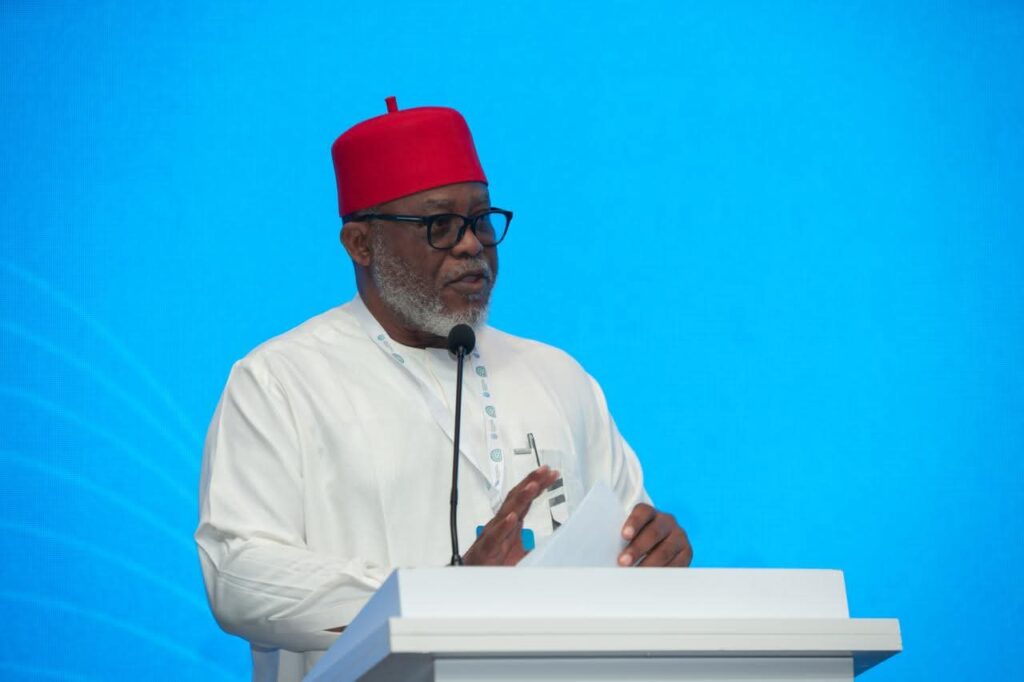Nigeria’s Minister of Information and National Orientation, Alhaji Mohammed Idris, has urged member countries of the Developing-8 (D-8) to deepen cooperation in strengthening media systems, combating misinformation, and promoting regional cohesion.
He made the appeal on Monday while addressing ministers, media executives and senior policymakers at the D-8 Media Forum held in Baku, Azerbaijan. The Minister was represented at the event by the Executive Secretary of the Nigerian Press Council, Nze Dili Ezughah.
Speaking on the theme, “Fostering Dialogue, Collaboration, and Regional Cohesion,” Idris said enhanced partnership among developing nations in the information and media space has become critical in a rapidly evolving global communication landscape dominated by digital disruption and widespread information disorder.
Idris noted that with the D-8’s combined GDP now exceeding $8 trillion and intra-group trade contributing 10 per cent of global trade, stronger media cooperation is necessary to shape public understanding, promote transparency, and stimulate development among member states.
The Minister highlighted a number of recent reforms and innovations in Nigeria’s media ecosystem, describing them as models that could benefit other developing countries.
He cited the establishment of Africa’s first UNESCO-backed International Media and Information Literacy Institute (Category 2), which will serve as a global hub for training, research and digital safety, equipping both journalists and citizens with tools to counter misinformation.
He invited D-8 countries to partner with Nigeria in curriculum development, capacity-building and joint academic research.
Idris also pointed to Nigeria’s progress in digital identity development, with more than 100 million identities registered nationally. He explained that strengthened digital governance has improved trust in online transactions and access to public services, adding that such systems could help media organisations across D-8 countries tackle impersonation and fake news.
He further highlighted the international rise of Nigeria’s creative industries—including film, music and digital storytelling—supported by policy reforms and innovation hubs. According to him, these sectors have improved Nigeria’s global image while generating jobs and opportunities for young people.
The Minister listed proposals to boost cooperation within the bloc, including:
* development of shared ethical frameworks for digital media;
* joint media literacy programmes for youth, journalists and vulnerable groups;
* collaborative research on artificial intelligence in media and digital safety;
* expanded cross-border newsroom exchanges and fellowships;
* and enhanced collaboration in creative and digital content industries.
Idris reaffirmed Nigeria’s commitment to championing initiatives that promote regional stability, peace and sustainable development.
“Nigeria believes that the D-8 is more than an economic bloc—it is a community of nations with shared aspirations and developmental realities,” he said. “Our cooperation in media and information is vital to building informed citizens, cohesive societies and resilient economies.”
He restated Nigeria’s readiness to work with member states to deepen dialogue, strengthen public trust and enhance stability across the region.





